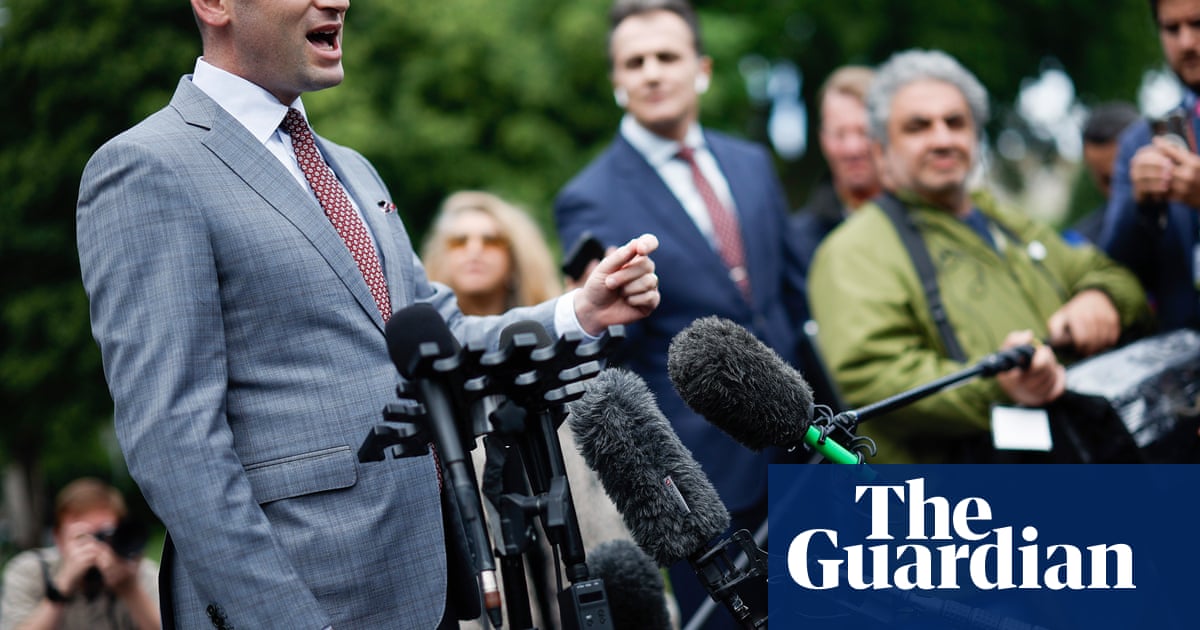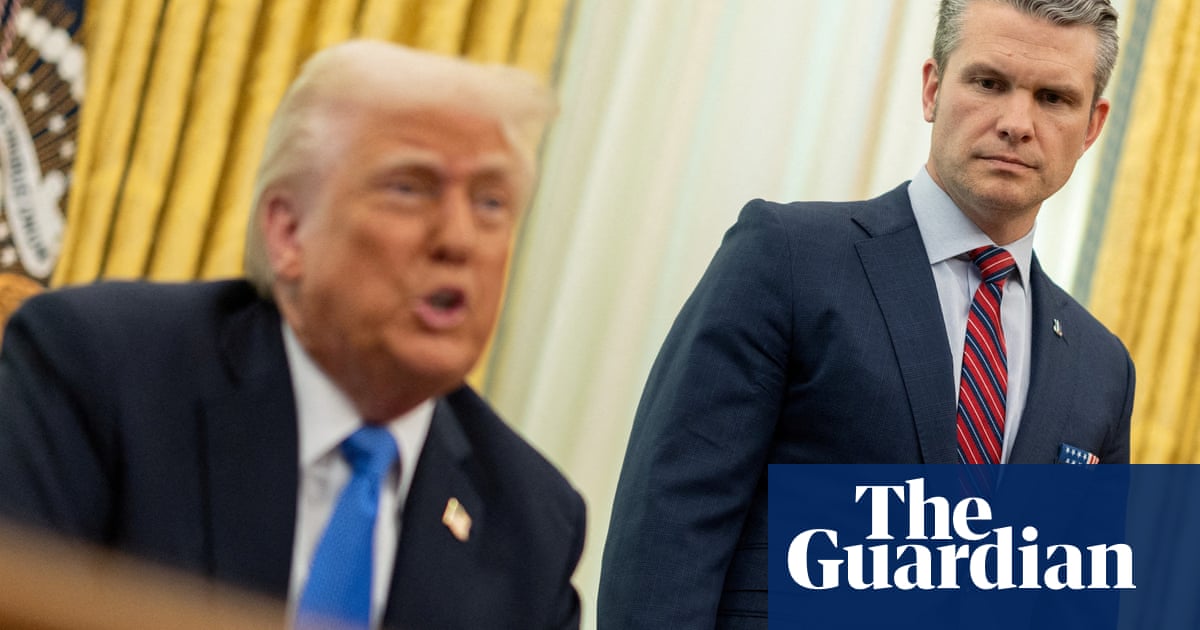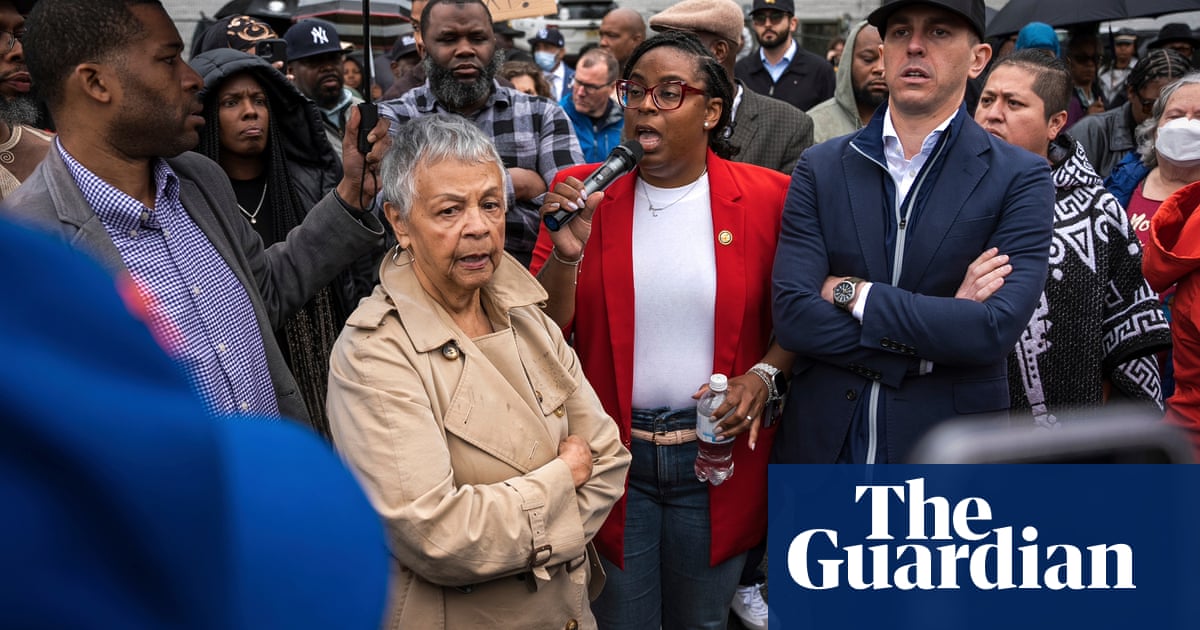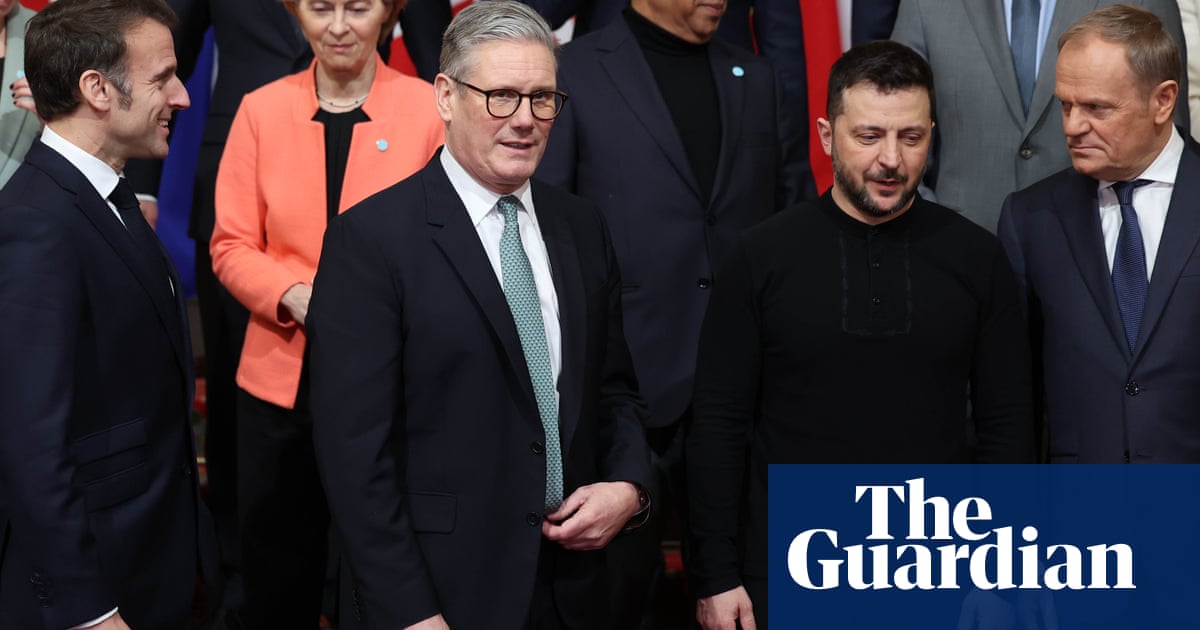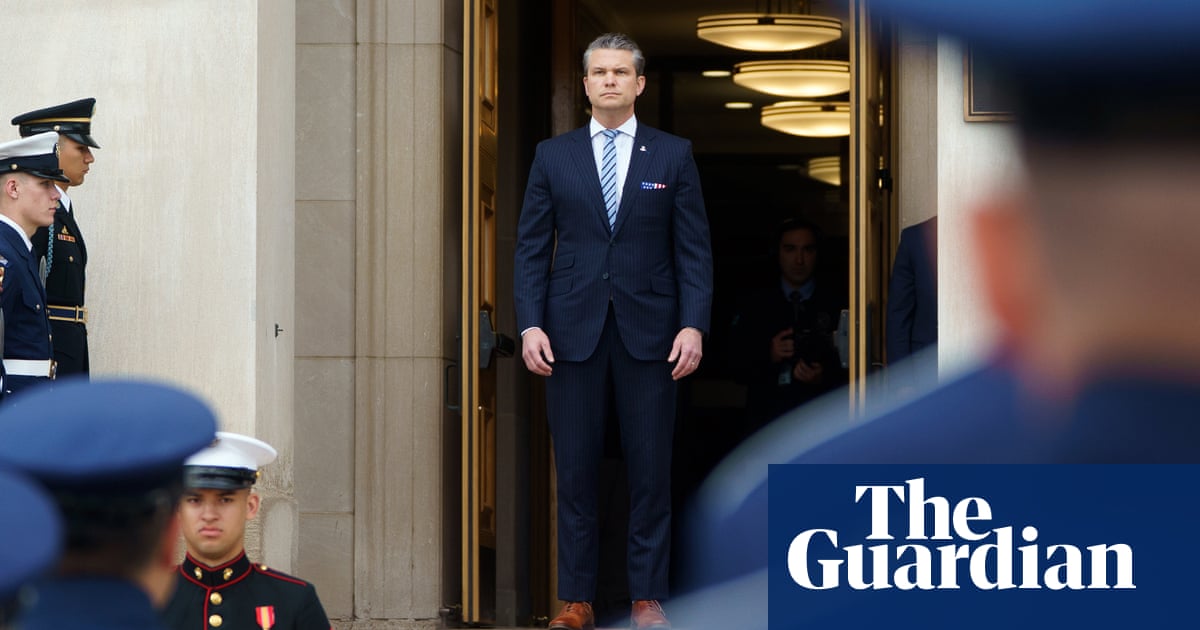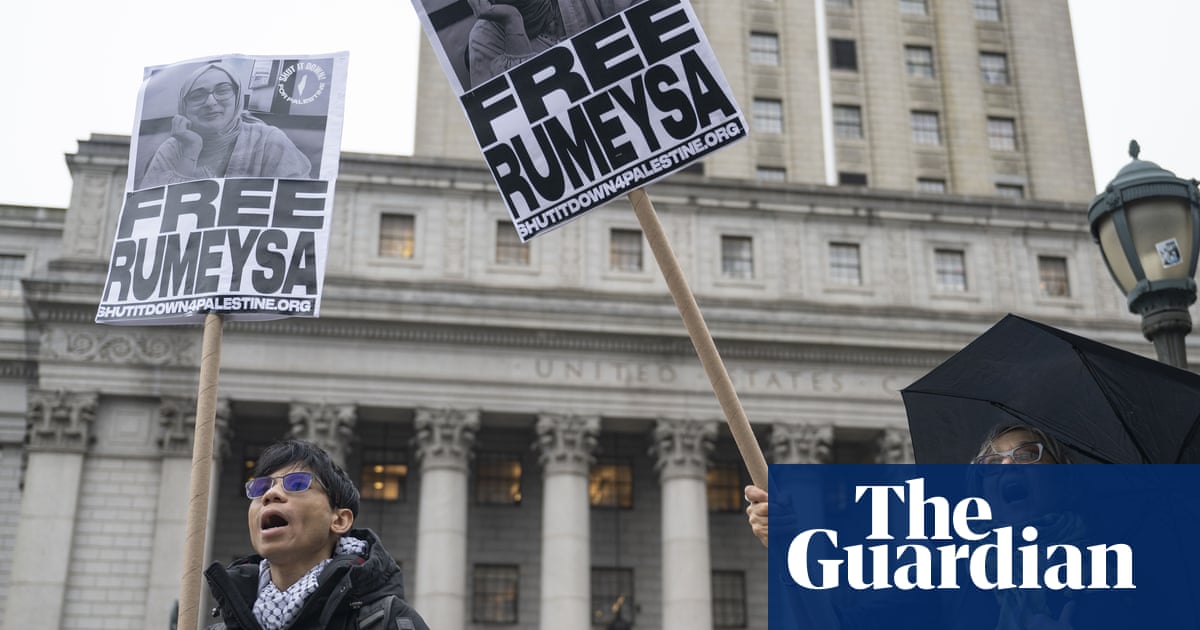Donald Trump is provoking a US constitutional crisis, claiming sweeping powers to override or bypass Congress’s control over spending in a brazen attempt to centralise financial power in the executive branch. If he succeeds, Nobel laureate Paul Krugman warns, it would be a 21st-century coup – with power slipping from elected officials’ hands. The real story hidden behind the president’s trade war, he says, is the hijacking of government. And Mr Krugman’s right.
By usurping the authority to shut down government programmes at will – even those funded by Congress – Mr Trump could slash federal spending and taxes while pretending to balance the books. In reality, he’d be robbing the poor to enrich the wealthy. In a world where economic jargon has been corrupted to depict exploitation as “wealth creation”, the audacity of Mr Trump – and his lackeys – to personally profit is breathtaking. Mr Trump’s philosophy is simple: let the uber-rich do whatever they want, with little or no oversight. The result will be vast wealth for a select few while life grows nastier and shorter for the many.
His plan took shape last weekend when Mr Trump removed a top-ranking Treasury official who had been blocking his billionaire crony, Elon Musk, from accessing the federal payment system – exposing the sensitive personal data of millions of Americans, as well as details of public contractors who compete directly with Mr Musk’s businesses. The system disburses over $5tn annually, and Mr Musk and his allies, wrote analyst Nathan Tankus, are “clearly aiming to redesign” it to serve the Trumpian agenda – opening the door for the US president to seek retribution against his political opponents.
To see the impact, look no further than one of Mr Trump’s first moves: freezing trillions in federal spending – particularly on foreign aid, nongovernmental organisations, “DEI initiatives”, “woke gender ideology” and the “Green New Deal”. The courts blocked the measure as unconstitutional – but not before it wreaked havoc on government agencies and nonprofits, especially those aiding vulnerable groups like homeless veterans. Mr Musk claims he will close the US agency for international aid (USAid) – but this remains moot as a federal body is legally required to administer aid.
Just like his trade war, Mr Trump’s claim to “impoundment” authority – the supposed right to unilaterally halt spending – exposes the core contradiction of his power grab: he postures like a monarch because he’s too weak to govern as a president. He wields tariffs at will, bypassing Congress with “national security” claims – yet cut a deal with Mexico that both sides spun as victory.
In his first term, Mr Trump’s protectionist crusade – tariffs on China, a Nafta shake-up and attacking allies’ trade policies – was sold as a revolution. Instead, it was a self-inflicted wound. His administration slapped $80bn in new “taxes” on Americans through tariffs, only to see supply chains reroute to Vietnam and Indonesia rather than bring jobs back home. The real cost? A 0.2% hit to GDP and 142,000 jobs lost, according to the Tax Foundation. Without serious investment in domestic industry, the America First trade strategy didn’t rebuild US manufacturing – it just drove up costs. Mr Trump’s chaos isn’t confidence – it’s desperation. He’s trying to conjure power he doesn’t actually have. He is manufacturing a perception of dominance in the hope that Americans will simply accept it. The real danger is letting his illusion of power become reality.

 3 months ago
40
3 months ago
40
